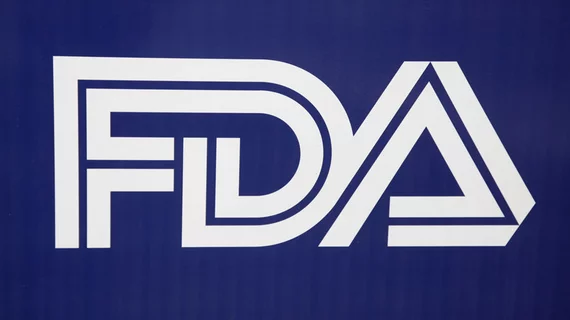FDA cleared a record-breaking 106 medical devices in 2018
It was a record-breaking year for medical device approvals in the FDA, with the government agency approving 106 novel devices in 2018—beating out 2017’s 99 novel device approvals.
The FDA also cleared nine breakthrough devices in 2018, including AI technologies that detect wrist fractures and diabetic retinopathy. Late last year, the agency granted breakthrough device designation to new software being jointly developed by Bayer and Merck that uses AI to diagnose chronic thromboembolic pulmonary hypertension (CTEPH).
“Our effort to promote innovation is eclipsed only by our commitment to make sure that these products are safe for patients,” FDA Commissioner Scott Gottlieb, MD, and Jeff Shuren, MD, director of the Center for Devices and Radiological Health, wrote in a statement. “Our success in providing patients with new treatments and diagnostics, and more options for effective healthcare, are not coming at the expense of the robust non-clinical and clinical science on which we rely to make our regulatory decisions.”
For 2019, the FDA said it plans to focus on both device safety and innovation. The agency's year will include moving forward with plans to implement the National Evaluation System for Health Technology (NEST), establish safety and performance criteria for certain types of devices and issue a proposed framework for the Safer Technologies Program (STeP).
“Our success in driving better safety and greater innovation depends, in part, on our ability to be innovative. We need to be able to continually adapt our frameworks, try new approaches and, where necessary, seek new authorities because science does not stand still,” Gottlieb and Shuren wrote. "Not only must we keep pace with this complexity and innovation, but we must also stay ahead of the new and evolving risks that can sometimes accompany novel products.”

